Search Definitions
Browse Content (p. 66)
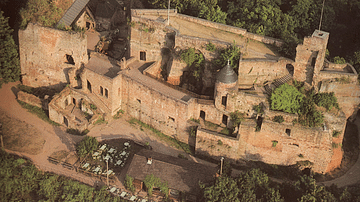
Definition
Knights' Revolt
The Knight’s Revolt (1522-1523) was a military action led by the German imperial knight Franz von Sickingen (l. 1481-1523) and encouraged by the knight and writer Ulrich von Hutten (l. 1488-1523) launched to restore the status of the imperial...
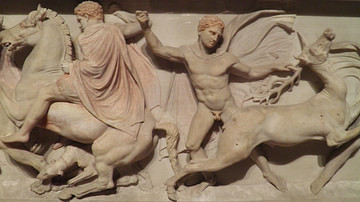
Definition
Argead Dynasty
The Argead dynasty, the ancient Macedonian house of Dorian Greek origin, lasted from the 7th century to 310 BCE. The mythological founder of the dynasty was King Caranus but it was under Philip II of Macedon (382-226 BCE) that the Macedonian...
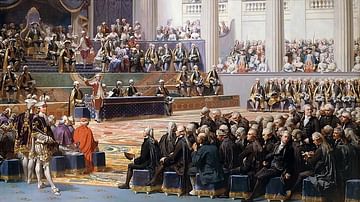
Definition
Estates-General of 1789
The Estates-General of 1789 was a meeting of the three estates of pre-revolutionary France: clergy, nobility, and commons. Summoned by King Louis XVI of France (r. 1774-1792) to deal with financial and societal crises, it ended with the Third...
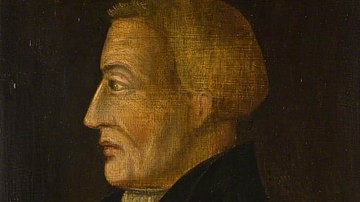
Definition
Martin Bucer
Martin Bucer (l. 1491-1551) was a German reformer and theologian who had been a Dominican friar and priest until converted to the Protestant vision by Martin Luther (l. 1483-1546) c. 1518. Bucer is best known for his focus on unity among...
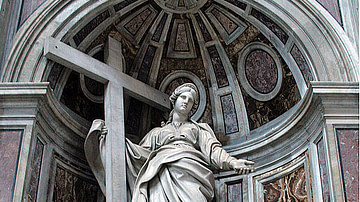
Definition
Helena of Constantinople
Saint Helena of Constantinople (248/250-328 CE) was the mother of Roman emperor Constantine I (r. 306-337 CE). She famously made a pilgrimage to Jerusalem where tradition claims found Christ's true cross and built the Basilica of the Holy...
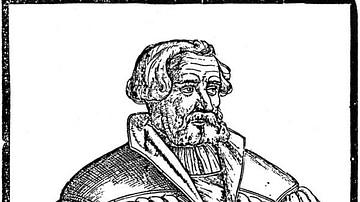
Definition
Andreas Karlstadt
Andreas Karlstadt (also given as Carlstadt, l. 1486-1541) was a reformer, theologian, and early supporter of Martin Luther (l. 1483-1546) in the movement that became known as the Protestant Reformation. Karlstadt was one of Luther's most...

Definition
Philolaus
Philolaus (l. c. 470 to c. 385 BCE) was a Pythagorean philosopher who claimed that fire was the first cause of existence and heat the underlying source of human life. He is best known for his pyrocentric model of the universe, which replaced...
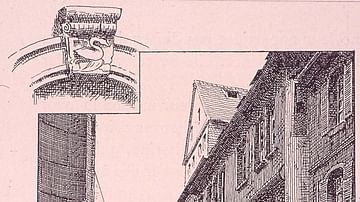
Definition
Katharina Zell
Katharina Zell (also known as Katharina Schütz, Katharina Schütz-Zell, l. 1497-1562) was a reformer, theologian, and prolific writer in Strasbourg who helped establish the basic tenets of the Protestant Reformation without advancing sectarian...
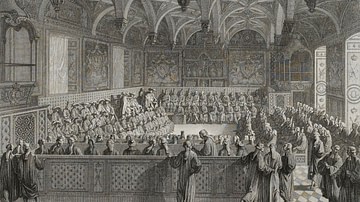
Definition
Revolt of the Parlements
The Revolt of the Parlements of 1787-1788, was the climax of a power struggle between the royal authority of King Louis XVI of France (r. 1774-1792) and the Parlement of Paris, the most powerful of France's thirteen parlements, or high judicial...
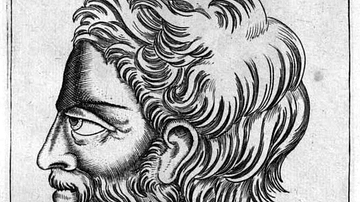
Definition
Archelaus (Philosopher)
Archelaus of Athens (l. c. 5th century BCE) was a Pre-Socratic philosopher in ancient Greece who claimed the first cause of existence was the opposition of cold and heat which caused the separation of the universal essence to produce a plurality...